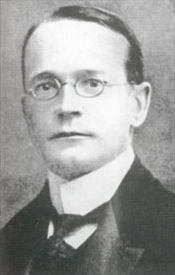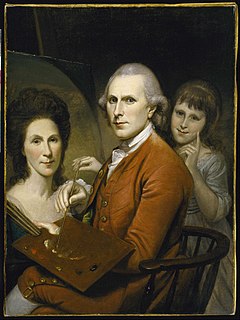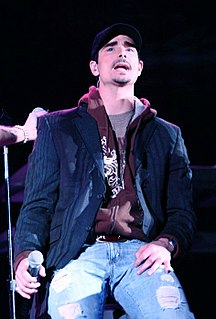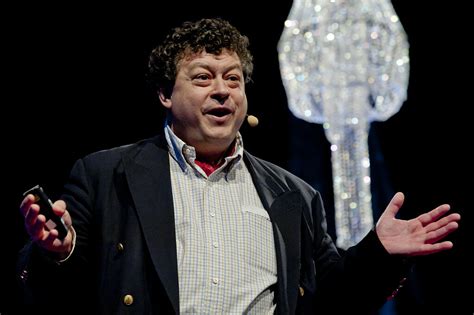A Quote by Percy Bysshe Shelley
Poetry lifts the veil from the hidden beauty of the world, and makes familiar objects be as if they were not familiar.
Related Quotes
The assumption behind any theology that I've ever been familiar with is that there is a profound beauty in being, simply in itself. Poetry, at least traditionally, has been an educing of the beauty of language, the beauty of experience, the beauty of the working of the mind, and so on. The pastor does, indeed, appreciate it.
Quite generally, the familiar, just because it is familiar, is not cognitively understood. The commonest way in which we deceive either ourselves or others about understanding is by assuming something as familiar, and accepting it on that account; with all its pros and cons, such knowing never gets anywhere, and it knows not why.... The analysis of an idea, as it used to be carried out, was, in fact, nothing else than ridding it of the form in which it had become familiar.
The identifying personal association with objects, which are not personal, is an important modern experience - our real association, the strands of our feelings about the objects that surround us. It's also because they are so familiar, we don't think of them as important in the world, but actually they are the world. We are living in a very material world.
The historian of science may be tempted to claim that when paradigms change, the world itself changes with them. Led by a new paradigm, scientists adopt new instruments and look in new places. even more important, during revolutions, scientists see new and different things when looking with familiar instruments in places they have looked before. It is rather as if the professional community had been suddenly transported to another planet where familiar objects are seen in a different light and are joined by unfamiliar ones as well.







































